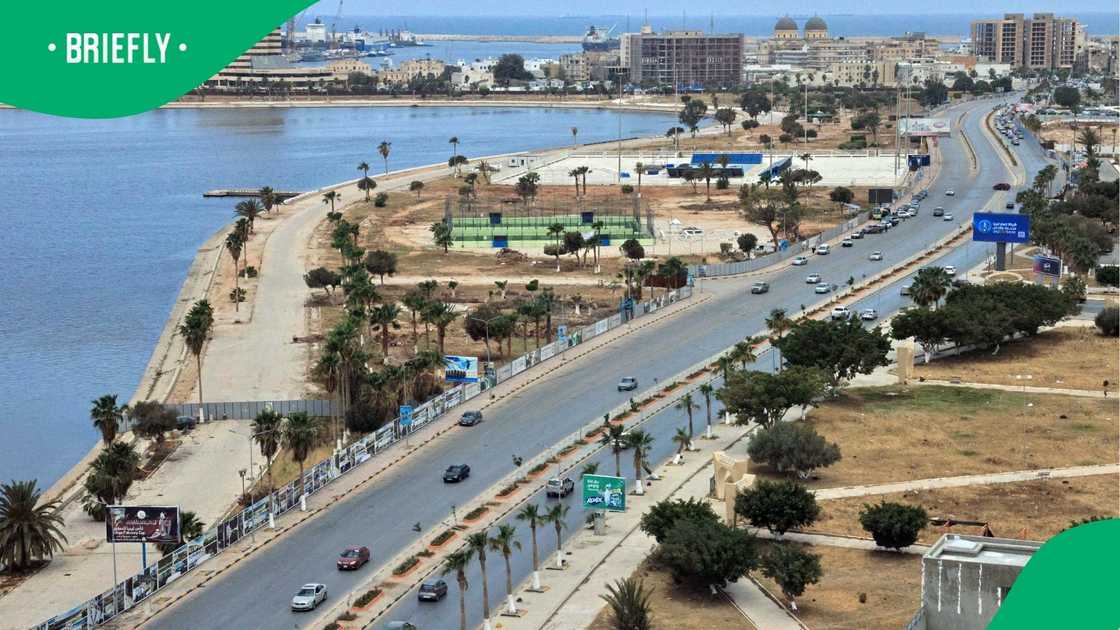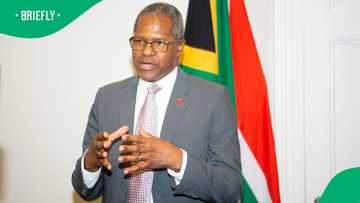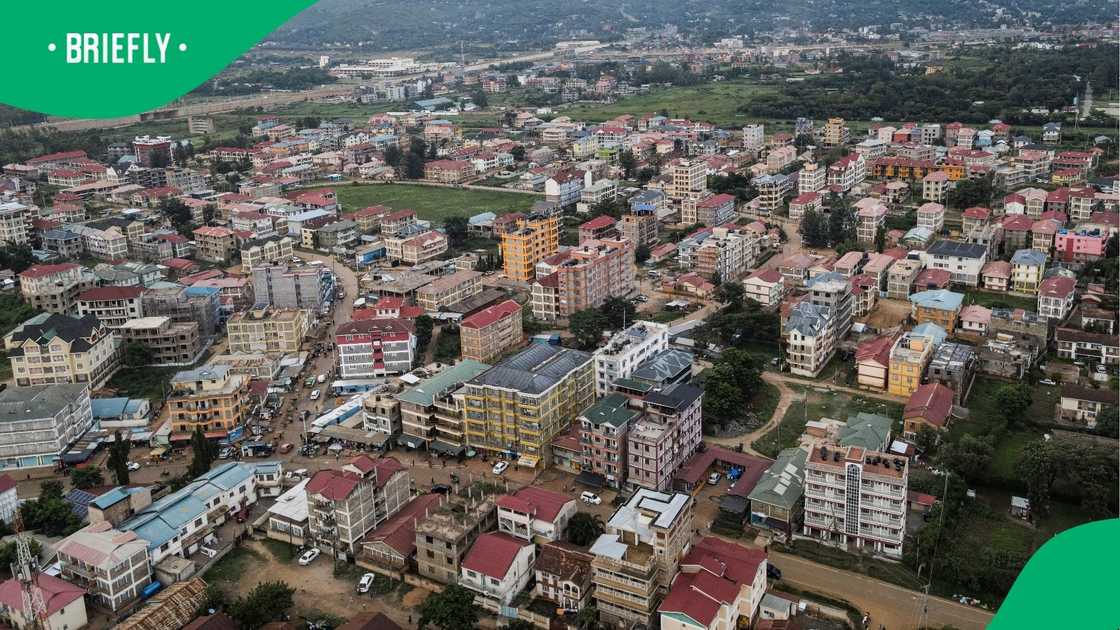Empowering Africa’s Cities: The Case for Fiscal Autonomy and Financial Expertise
- According to Professor Nara Monkam, there is a misconception that African cities are financially passive and wait for national governments to release funds
- Cities like Johannesburg and Cape Town have already showcased the potential of municipal bonds to fund major infrastructure projects
- Professor Nara Monkam from the University of Pretoria shared some insight with Briefly News on empowering African cities
Don't miss out! Join Briefly News Sports channel on WhatsApp now!
Professor Nara Monkam is an Associate Professor of Public Economics and Head of the Public Policy Hub (PPH) at the University of Pretoria, Chair in Municipal Finance at the African Tax Institute (ATI).
By 2050, nearly 60% of Africans will live in cities. This shift is monumental. It means more people need housing, transport, water, jobs and resilience in the face of climate change. Yet our cities, tasked with leading this transformation, are being asked to build the future with their hands tied behind their backs. Why? Because they simply cannot finance it. This is according to Professor Nara Monkam.

Source: Getty Images
Monkam believes that the current model of municipal finance in Africa is broken. Most cities rely on unpredictable and insufficient transfers from central governments. These transfers are often delayed, politicised or fall short of real needs. What results is an ever-widening gap between the promise of urban development and the fiscal tools available to realise it.
The misconceptions
Monkam said that there’s a persistent myth that African cities are financially passive, that they simply wait for national governments to open the fiscal tap. The truth is more complicated. Many municipalities want to take charge of their finances but are hemmed in by legal and political constraints. They’re told to raise revenue but denied control over tax policy. They’re encouraged to invest in growth but restricted from accessing capital markets.
PAY ATTENTION: Briefly News is now on YouTube! Check out our interviews on Briefly TV Life now!
Even when cities show initiative, through tools like property taxes or municipal bonds, they’re often met with resistance, underfunding or institutional indifference.

Read also
Cyril Ramaphosa defends South Africa’s transformation laws, citizens claim it only benefits the elites
Take property taxes: one of the most stable, locally appropriate and potentially transformative revenue streams available. And yet, this powerful tool remains chronically underused. Outdated property rolls, a shortage of trained valuers, and political pushback have left billions in local revenue unrealised. The solution? Smart reforms, like those in Sierra Leone and Somaliland, where low-cost technology, local leadership and transparency helped unlock revenue while restoring trust.
Locked out of capital markets
Cities like Johannesburg and Cape Town have already demonstrated the potential of municipal bonds to finance large-scale infrastructure. So have Douala and Dakar. But these are the exceptions, not the rule. Most African cities are locked out of capital markets, not because they lack ambition, but because they lack enabling legislation, robust financial systems or national support for borrowing frameworks.
"Beyond bonds, alternative financing such as Land Value Capture (LVC), Green Funds, or Public-Private Partnerships can also be pursued, but these too require technical expertise, legal clarity, and political support," she added.
She feels that there’s no reason this should remain the status quo. Cities can become creditworthy. They can issue bonds, attract climate finance and leverage land value capture. But to get there, they need three things: financial management capacity, legal autonomy and national governments that act as enablers, not gatekeepers.

Read also
Velenkosini Hlabisa calls for change in municipal hiring practices, SA agrees with CoGTA minister

Source: Getty Images
Success stories
Success stories show us what’s possible. Monkam said that in Kenya, the introduction of a simplified Single Business Permit doubled local revenues in some municipalities in just a year. In Sierra Leone, locally-led property tax reforms turned administrative stagnation into fiscal innovation.
She added that these reforms didn’t succeed because of sweeping, top-down mandates. They worked because of local ownership, targeted training, smart tech adoption, and public transparency. They remind us that fiscal reform is not just about money; it’s about trust, legitimacy and governance.
The way forward
Monkam advises that if Africa is serious about inclusive, resilient urban growth, we must go beyond decentralisation on paper. Cities need real fiscal autonomy. That means:
- Control over local taxes from rate-setting to collection.
- Access to capital markets through national legislation and credit-enhancing mechanisms.
- Investment in financial capacity training officers, improving systems, and paying professionals competitively.
- Transparent intergovernmental transfers that are predictable, equitable, and insulated from political interference.
Critically, fiscal decentralisation must come with accountability. The risks of local financial mismanagement are real, but so are the costs of stifling local innovation. These risks can be mitigated with smart oversight, peer learning, and community engagement, not with recentralisation.
PAY ATTENTION: Follow Briefly News on Twitter and never miss the hottest topics! Find us at @brieflyza!
Source: Briefly News



